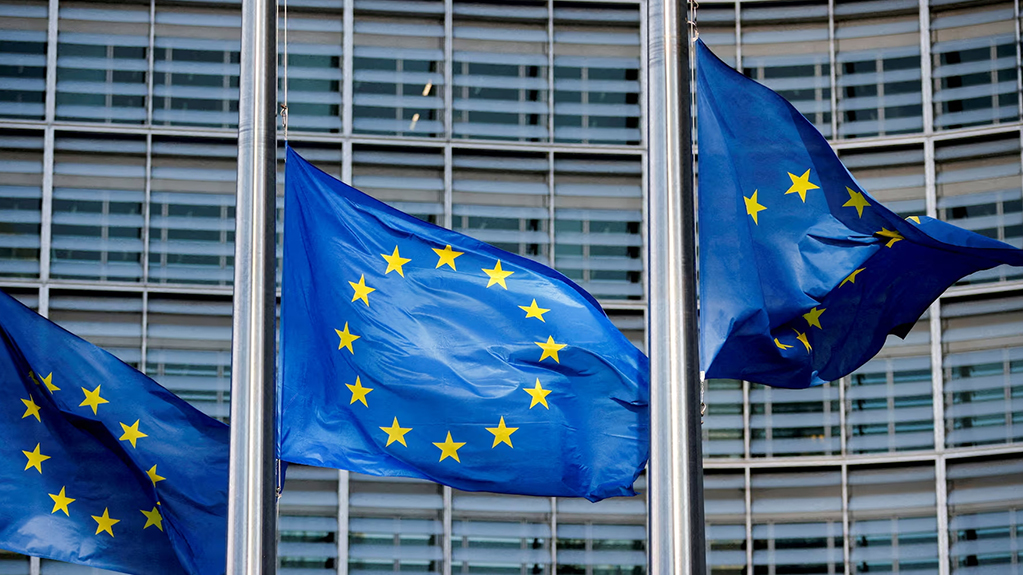The ambassadors of the EU countries have agreed on the 14th package of sanctions against Russia. This information was confirmed by Belgium, which currently chairs the European Council.
News
“EU Ambassadors just agreed on a powerful and substantial 14th package of sanctions in reaction to the Russian aggression against Ukraine. This package provides new targeted measures and maximises the impact of existing sanctions by closing loopholes,” said a statement released by the Belgian Presidency at the X.
Reuters reported that the European Union countries discussed another package of sanctions for more than a month and finally, at Germany's request, approved it in a reduced form. Specifically, they decided not to include a clause prohibiting the re-export of goods to Russia by subsidiaries of European firms located in third countries. According to Reuters, this measure was intended to stop the supply of dual-use technological goods (for example, washing machine chips) to Russia, which can be used to manufacture weapons. Germany requested that the results of this measure be studied.
As Reuters reports, the 14th package bans the re-export of Russian liquefied natural gas (LNG) through EU waters but does not ban imports, as the EU did in 2022 for oil transported by sea. However, gas market experts told Reuters that the measure would have little impact, as gas deliveries to Asia via EU ports account for only 10% of Russian gas exports.
Some EU countries still import gas from Russia through the pipeline via Ukraine. Based on a Reuters source, the package also includes a clause allowing Sweden and Finland to cancel import contracts.
Politico notes that the European Union has approved sanctions on Russian gas for the first time, forcing Moscow to rethink its business model for liquefied natural gas, particularly regarding supplying Asia via Europe. "Russia will now likely have to reroute those shipments via the Arctic Sea, requiring specially equipped icebreakers that are in short supply," the publication wrote.















